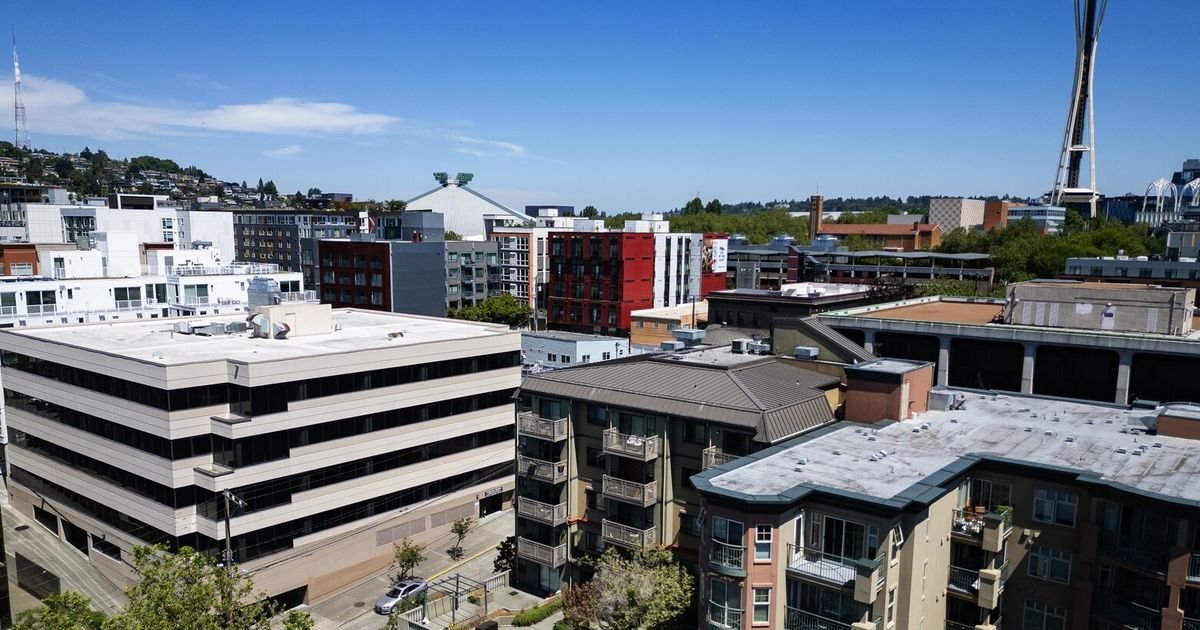The proposal would cap the amount of rent and fee increases a landlord can impose on tenants to 7% in any 12-month period.
The proposal would cap the amount of rent and fee increases a landlord can impose on tenants to 7% in any 12-month period.

A bill that would limit the amount of rent and fee increases Washington landlords can charge in a 12-month period passed out of the House Housing Committee on Monday during executive session.
House Bill 1217 would cap theamount of rent and fee increases a landlord can impose on tenants to 7% in any 12-month period, while also prohibiting increases in the first 12 months of a tenant’s lease. The bill requires rent and fee increase notices, and adds limits to move-in fees, security deposits and late fees. Additionally, violations of the bill would be enforceable by the state attorney general under the Consumer Protection Act.
Nine Democratic members voted in favor to pass the measure out of committee, while eight Republicans voted against. One Democratic lawmaker, Rep. Adison Richards from the 26th Legislative District, who was elected this past election cycle, voted without recommendation.
The bill now heads for the House Appropriations Committee and Senate Bill 5222, the Senate companion to the House proposal, will be brought to a public hearing Wednesday. Senate Majority Leader Jamie Pedersen, D-Seattle, has saidthat the most likely vehicle for the bill would be the House version.
Rep. Jeremie Dufault, R-Selah, introduced 14 amendments to the bill during Monday’s executive session, later withdrawing four of them. The other 10 did not pass. One amendment would have removed vacation and short-term rentals from the bill, while another would have capped late fees at 10% instead of the 1.5% currently proposed in the legislation.
Rep. Emily Alvarado, D-West Seattle, the prime sponsor of the bill, also introduced one amendment during the executive session that was adopted by Democratic committee members, requiring the attorney general’s office to adopt model lease provisions by Jan. 1, 2026 instead of Jan. 1, 2025.
In closing statements before the final vote Monday, Rep. Andrew Barkis, R-Olympia, told committee members that while lawmakers have seen people suffering from excessive rent increases, he does not believe rent caps will solve the housing crisis. The proposal, he said, would make it worse. Critics have argued rent caps would discourage people from being landlords and hurt their ability to recoup costs.
“Throughout this we keep hearing about fairness, but in the entirety of this bill, in order to have fairness, you have to have parity,” Barkis said. “In order to do that, you have to recognize both sides of the equation. I’ve said it before, and you cannot have tenants without housing providers. This bill is one-sided, to say the least.”
Committee chair Rep. Strom Peterson, D-Edmonds, said he believes the bill is a “relatively modest ask.” Washington has done more for housing supply bills than any other state in the country, he said, but building more supply takes time.
“Right now, people are suffering today, and this is something that we can do today for over 50% of Washingtonians that are renters,” Peterson said.
Similar bills were introduced during the 2024 legislative session, but both bills were hung up in the Senate. One version of the legislation would have capped rent increases at 5% while the other set the cap at 7%.
State lawmakers have until April 27 to pass bills and a balanced state budget.
Discover more from World Byte News
Subscribe to get the latest posts sent to your email.




The opinions expressed in reader comments are those of the author only and do not reflect the opinions of The Seattle Times.